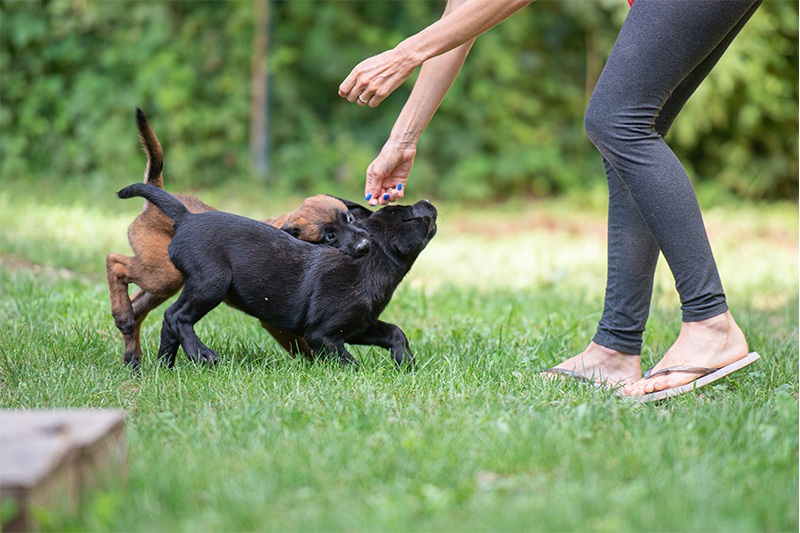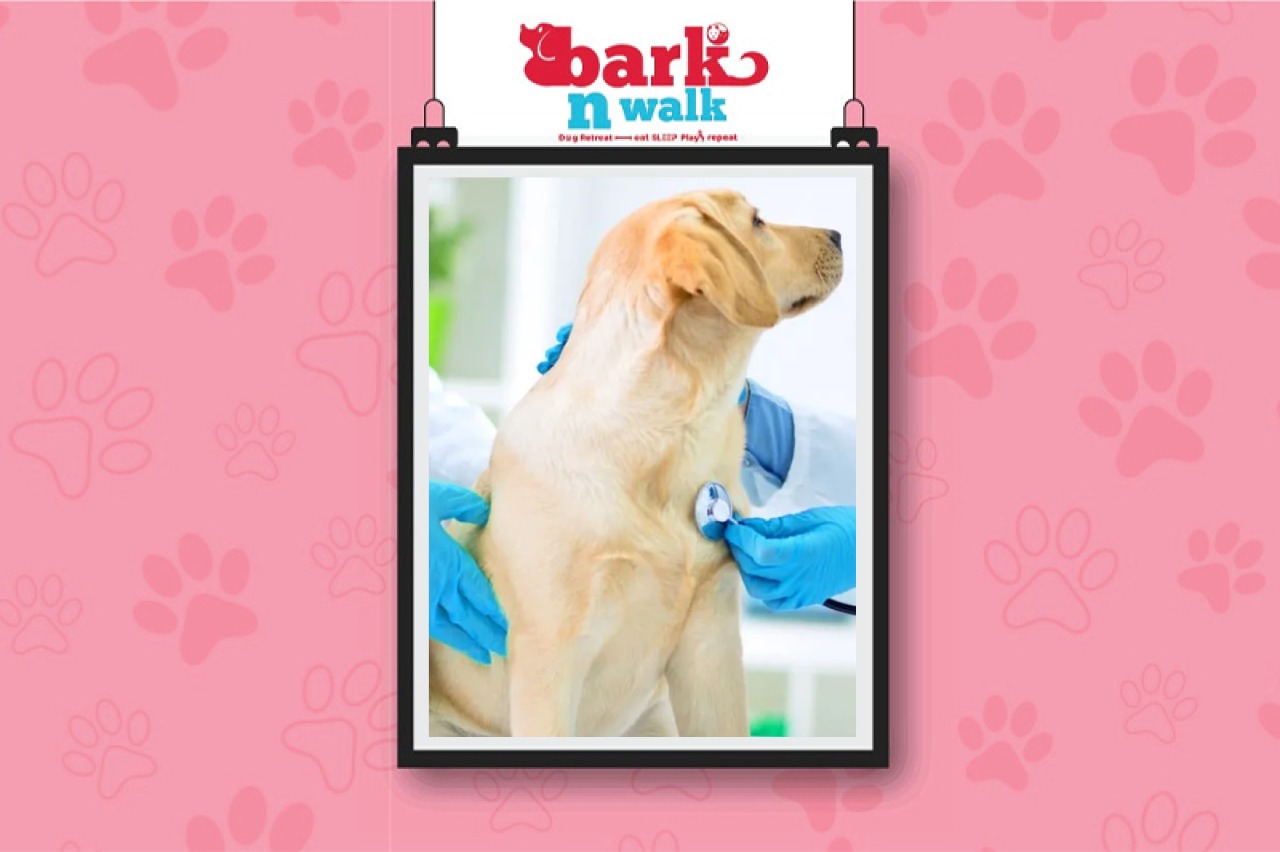Puppies are adorable, but let’s face it: parenting a puppy has its own set of challenges. If you’ve never had a puppy before, the job ahead of you may look daunting, but there’s no turning back once those big puppy eyes capture your heart. Bark n Walk will offer you the best dog trainers that will tell you what you should and should not do with your dog! Here are some tips to guide you through the puppy stage and raise your new four-legged baby to be a happy, healthy, and well-adjusted dog.
Understanding dog legislation and your obligations as a dog owner:
DO’s
1.) See a veterinarian as soon as possible for vaccines and basic health care. “An ounce of prevention is worth a pound of cure,” as the saying goes.
2.) Feed at regular intervals; food is normally provided for 10-20 minutes before being removed. Feed the infant three times per day until he or she is six to nine months old, then twice per day as an adult.
3.) Provide your puppy with high-quality puppy food. We usually recommend moving to adult food for larger breeds between the ages of 4 and 7 months. The transition may take a bit longer for smaller breeds, around 6-9 months of age.
4.) Provide a selection of SAFE chew toys. Puppies have a natural need to chew and require a suitable outlet.
5.) Provide positive reinforcement for appropriate conduct. Recognize them when they accomplish something well and reward them with praise and/or a small sample of their favorite cuisine.
6.) Allow your puppy to go outside on a frequent basis, especially after eating or drinking, and every two to three hours while they are young. Because the smell of urine and excrement will urge them to eliminate, take them to the same spot every time and treat them if they do. When it comes to housetraining your dog, crate training may be really useful.
7.) Begin exposing your dog to familiar people and dogs in a gradual but consistent manner. Because the first year of a puppy’s life is equivalent to 15 human years, good socialization results in a well-adjusted, outgoing, and friendly pet.

DON’TS
1.) DO NOT WAIT until your puppy becomes unwell to see a veterinarian.
Puppies have poorer immune systems than adults and are frequently exposed to parasites. Your veterinarian will make some cost-effective suggestions to keep your new family member healthy.
2.) DO NOT ALWAYS HAVE FOOD AVAILABLE. Dogs who are allowed to eat at any time of day tend to acquire weight and become fussy eaters.
3.) FEED NO GENERIC OR CHEAP BRAND FOOD. There are various high-quality, low-cost diets available that will keep your companion happy and healthy for many years.
4.) It is not a good idea to let your puppy chew on your hands or other parts of your body. As the dog ages, this can become a severe issue that is difficult to break and may cause injury. Don’t let him chew on your shoes, socks, or apparel. Dogs can’t discern the difference between new and old things, therefore if left alone, they’ll bite on the wrong object.
5.) DO NOT APPLY STRONG DISCIPLINE. Excessive punishment can make a dog fearful and cause behavioral problems. If you catch a dog “in the act,” use a loud deep voice or a grab on the nape of the neck to punish him or her. If more than three seconds have passed, the dog will not associate the punishment with discipline.
6.) DO NOT LEAVE YOUR PUPPY ALONE FOR LONG PERIODS OF TIME, EVEN IF IT IS DURING ITS FORMATIVE MONTHS If you must be away for an extended period of time for work or other reasons, try to leave your puppy with a family member or friend, or bring them with you!
Dog training for both dogs and humans is critical for both you and your pet! Bark N Walk brings the finest of both worlds together under one roof!



